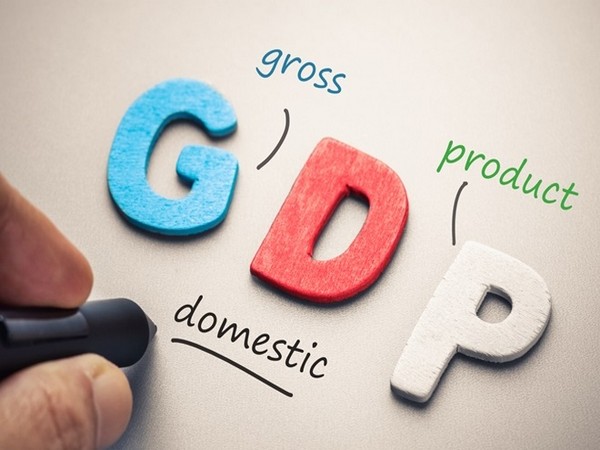IMF says Lanka’s economy recovering from Easter Sunday attacks, projects 3.7 pc GDP growth in 2020

- Country:
- Sri Lanka
The IMF has said that Sri Lanka’s economy is gradually recovering from Easter Sunday terrorist attacks in 2019 with GDP growth projected at 3.7 per cent in 2020. Issuing an end-of-mission statement, an IMF staff mission to Sri Lanka estimated the Real GDP growth at 2.6 percent in 2019 but expected the GDP to bounce back in 2020 with 3.7 percent on the back of the recovery in tourism while inflation to remain at around 4.5 percent, the Colombo Page reported.
However, it also said that Sri Lanka has sizably missed IMF’s targets concerning its fund facility in 2019. An IMF team was on a 10-day visit to Colombo from January 29 - February 7 to meet the new administration and discuss its policy objectives.
The slip in achieving targets has been attributed to the newly implemented tax cuts. President Gotabaya Rajapaksa’s government as soon as it was elected mid November introduced sweeping tax cuts in order to grant economic relief in view of the parliamentary elections due late April.
Rajapaksa anticipates two thirds parliamentary support or 150 seats in the 225-member assembly to introduce constitutional reform, more targeting the abolition of the 19th amendment which has curbed presidential powers. The opposition this week argued in parliament that tax concessions given by the government would cause a shortfall in revenue between Rs 500 billion and Rs 600 billion annually, which converts to 25 percent of annual state revenue and about 3-4 percent of GDP.
“The primary deficit could widen further to 1.9 percent of GDP in 2020 due to newly implemented tax cuts and exemptions……”, the IMF release said. Sri Lanka’s net international resrves had fallen short of by about 100 million dollars by December end, the IMF estimates.
The team noted that given risks to debt sustainability and large refinancing needs over the medium term, renewed efforts to advance fiscal consolidation will be essential for macroeconomic stability. The mission concluded that ambitious structural and institutional reforms are needed to anchor policy priorities, bolster competitiveness and foster inclusive growth in Sri Lanka.
Sri Lankan Prime Minister Mahinda Rajapaksa is on a four-day state visit to India where he would hold talks with the top Indian leadership on a number of key areas including trade, defence and maritime security cooperation. The visit is the Rajapaksa senior's first overseas trip since his brother Gotabaya was elected President in November.
(This story has not been edited by Devdiscourse staff and is auto-generated from a syndicated feed.)
- READ MORE ON:
- IMF
- Gotabaya Rajapaksa
- Sri Lanka
- Colombo
- India
ALSO READ
Ethiopia official creditors to extend deadline for IMF deal, source says
IMF says it expects high-level discussion on Ukraine budget support during spring meetings
Health News Roundup: AstraZeneca's Imfinzi shows promise in treating aggressive lung cancer; US FDA issues warning letters to retailers against underage sale of ZYN nicotine pouches and more
BRIEF-AstraZeneca Says Imfinzi Improved OS & PFS In Limited-Stage SCLC
Eight per cent growth projection for India not ours: IMF










